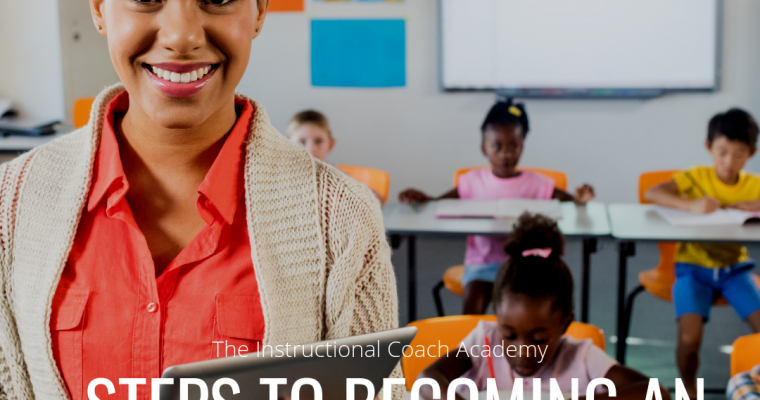5. Look for “out of the box” solutions for issues that teachers are experiencing. Sometimes teachers are having difficulties that are not addressed “out in the open” but those things can severely affect their performance in the classroom. For example, at my last school, I was working with a teacher who was going through a terrible divorce that had her so down that many days all she could do to stop from crying was to come and talk to me. While nothing like this was addressed in recent research and literature, it was important for me to allow her to talk and encourage her when she felt really down. When I realized that she started to think about the divorce during times when she had less to do, I suggested that she chair a committee that would take her from home (she didn’t have any kids) and allow her to be busy on rebuilding her own life. Gradually her being a part of this committee took her on out of town field trips and professional development and she told me that this took her away from her “situation” and for that she was able to make better decisions.
Just like any job in education, being an Instructional Coach is a mixture of being a good teacher an a negotiator. As I embark on this journey of being an Instructional Coach, I will share the good, bad and ugly of being on the other side of the classroom. I feel like my 13 years of being in the classroom prepared me, but we will see!


![[Instructional Coach Chronicles] Working With a Teacher You Don’t Like](https://theinstructionalcoachacademy.com/wp-content/uploads/2018/04/the-instructional-760x400.png)